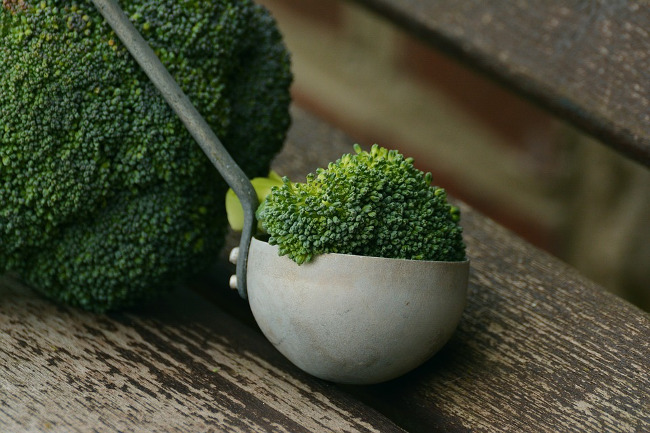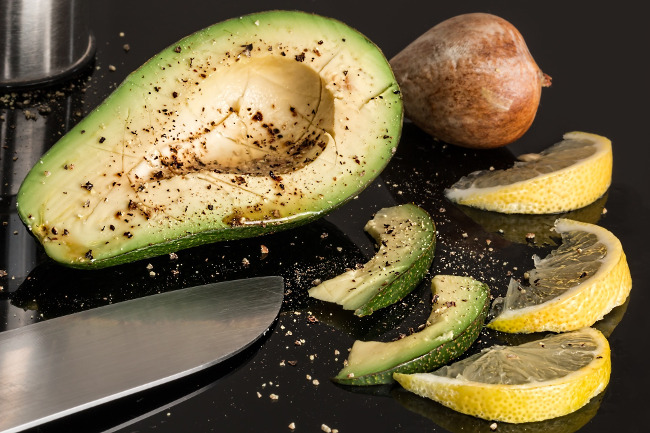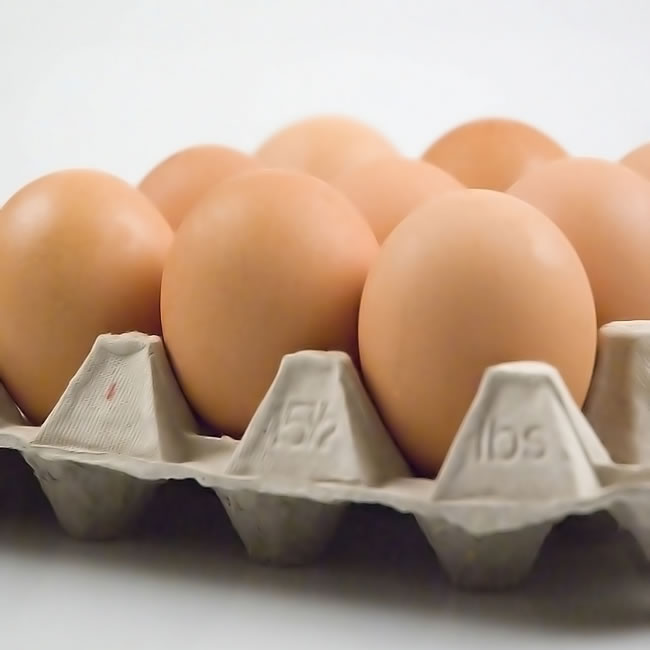New year, new you? For many of us, it’s the same each January, as the mad dash to the gym begins in pursuit of that coveted summer body. Too many chocolates at Christmas can leave us feeling sluggish and lethargic come the turn of the new year, and with most of us looking to shed that extra pound or two we’ve acquired during the festive period, it’s tempting to turn to the latest diet to get back into that designer dress.
The ketogenic diet is one of the most popular dietary regimens today, with a strong emphasis on an extremely low-carb eating routine – whereby carbs are replaced, instead, by fats. Granted, it’s not the easiest diet to embark upon in winter – but if you can find the willpower, you may be surprised with the results.
In general terms, the body your energy needs is supplied by glucose, which is derived from carbohydrates – but once a person is on a ketogenic diet, glucose is supplanted by fat.

After just few days of following a ketogenic diet, you will enter the phase called ketosis. By this time, your body will have already adjusted to using fats as its primary energy source, and right from the get-go, this will speed up the process of weight loss.
Let’s face it; it all sounds pretty amazing – but the question is, does it really work?
Does the ketogenic diet work?
If the primary aim of a person is to lose weight, then the ketogenic diet works very effectively – and most dieticians will agree. When it comes to dropping those pounds, there are many types of diets today claiming to be both the most effective and the easiest to follow – but few have been shown to perform better than a low carb, high fat plan and are not usually designed for rapid weight loss.
Whilst a ketogenic diet may not be suitable for everyone, it’s fast becoming the trusted go-to for people in pursuit of fast results. Even compared to the more traditional low-fat diet, the ketogenic diet still comes out better. One of the biggest draws of the ketogenic diet is that calorie counting is deemed unnecessary – you just have to make the right food choices, and the rest will more or less look after itself. That said – and as with any diet – it pays to keep an eye on your intake. If you don’t then you may find you are eating far more than you really need, and this, in turn, may hinder weight loss.

What can I eat on a ketogenic diet?
Unlike many recent fad diets, the ketogenic diet doesn’t require any specialist foods – you can continue to eat your usual meals, with just a few small adjustments. Key staples include meat, poultry, and green leafy vegetables – and these will form the basis of most of your breakfasts, lunches and dinners. The foods you will eat are just the basic foodstuff that is present in the food pyramid – no complex or extortionately priced ingredients here.
You will, however, have to be careful about your choices of drinks when following the diet. For instance, favourite beverages such as coffee, soft drinks and alcohol contain a lot of glucose and carbohydrates, rendering them strictly off limits. Fortunately, there are plenty of low sugar and low carb alternatives on the market today, and these can be consumed without issue on the ketogenic diet. For starters, you should check out the top ten keto coffee creamers.

Is the ketogenic diet safe?
Whichever way you look at it, the ketogenic diet is undoubtedly effective – but is it really safe?
Following a low carb diet should not be a cause for concern in the short-term, and is an easy way to shed those unwanted pounds in minimal time. You may feel a little tired and lethargic in the first few days, but this should soon subside once your body enters ketosis.
The ketogenic diet offers some other surprising benefits beside weight loss, too. In fact, several hospitals and other foundations are currently using the plan to treat children who are showing early signs of epilepsy. Dieticians are still conducting research into just why the keto diet can help to address this issue – but while the reason may still be unknown, it’s a promising discovery. Brain function is also thought to be elevated while on this diet, with improved focus,as well as decreased susceptibility to depression and other mental illnesses amongst its known effects.
Critics of the keto diet may point out the potential physical fatigue that this diet can cause. According to them, ketosis can cause muscle loss and exhaustion – but should this be cause for concern?
Generally, the answer is no – though it’s vital to continue fueling your body with quality food sources whilst following the plan. Clinical supervision is also strongly recommended, especially if you have existing health issues.

The verdict
When approached in the right way, the ketogenic diet can prove a powerful tool for weight loss, and can be a safe and effective way in which to shed those unwanted pounds. Whilst you should be prepared for a little discomfort during the first few days of the plan, this will soon pass – and if you can wait it out, you’ll quickly find yourself reaping the rewards of all your hard work.






















